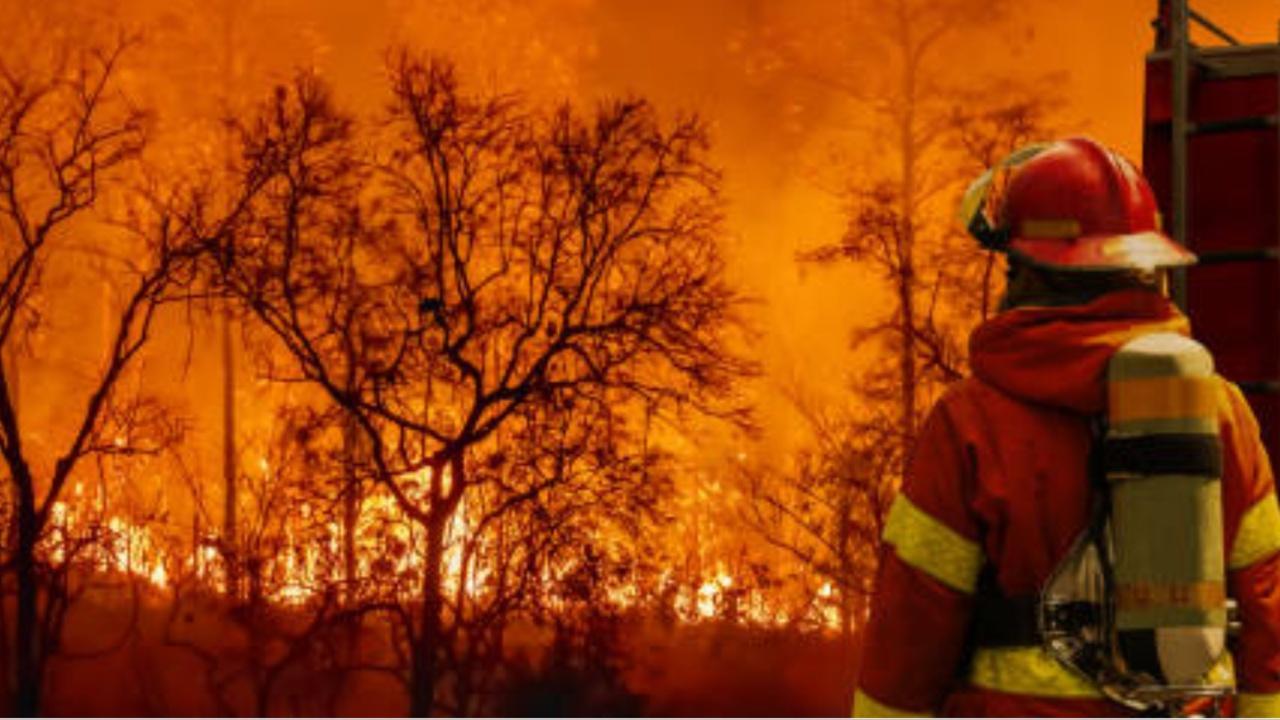Wildfires are some of the most destructive natural disasters in the country, threatening lives, destroying homes and infrastructure, and creating air pollution

Image for representational purposes only. Photo Courtesy: iStock
Increasing climate change conditions are set to increase the risk of wildfire and also lengthen fire seasons, according to a study.
Wildfires are some of the most destructive natural disasters in the country, threatening lives, destroying homes and infrastructure, and creating air pollution.
"Under a warmer future climate, we can see that the fire danger will even be higher in the winter. This surprised me because it feels counterintuitive, but climate change will alter the landscape in so many ways," said lead author Guo Yu, Assistant Research Professor at Desert Research Institute (DRI), in Nevada, US.
In the study, published in the journal Earth's Future, US researchers looked at the four fire danger indices used across North America to predict and manage the risk of wildfire to see how the risk correlated with observed wildfire size between 1984 and 2019.
Then, they examined how wildfire risk changed under the projected future climate, finding that both fire potential and a longer wildfire season are likely under climate change.
Fire danger indices use information about weather conditions and fuel moisture or how dry vegetation is on the ground.
First, the scientists used satellite remote sensing data from 1984 to 2019 to see how potential fire risk correlated with ultimate wildfire size for more than 13,000 wildfires, excluding controlled burns.
They found that when wildfire risk was higher, wildfire size tended to be larger, and this relationship was stronger over larger areas.
By plugging the fire danger indices into future climate projections, the study found that extreme wildfire risk will increase by an average of 10 days across the continental US by the end of the century, driven largely by increased temperatures.
Certain regions, like the southern Great Plains (including Kansas, Oklahoma, Arkansas, and Texas), are projected to have more than 40 additional days per year of extreme wildfire danger.
A few small regions are projected to see a decrease in their annual wildfire risk season due to higher rainfall and humidity, including the Pacific Northwest coast and the mid-Atlantic coast.
In the Southwest, the extreme wildfire season is projected to increase by more than 20 days per year, most of which will occur in the spring and summer months. Longer fire seasons extending into the winter months are also projected, particularly for the Texas-Louisiana coastal plain.
The researchers hope that the study will help fire managers understand the size of potential wildfires so they can prepare accordingly, as well as understand how fire seasonality will shift and extend under a changing climate.
This story has been sourced from a third party syndicated feed, agencies. Mid-day accepts no responsibility or liability for its dependability, trustworthiness, reliability and data of the text. Mid-day management/mid-day.com reserves the sole right to alter, delete or remove (without notice) the content in its absolute discretion for any reason whatsoever.
 Subscribe today by clicking the link and stay updated with the latest news!" Click here!
Subscribe today by clicking the link and stay updated with the latest news!" Click here!








